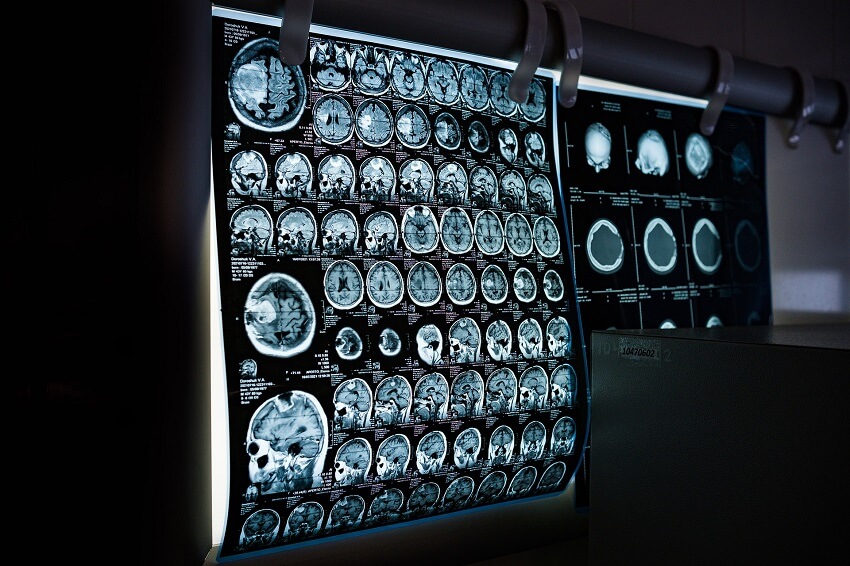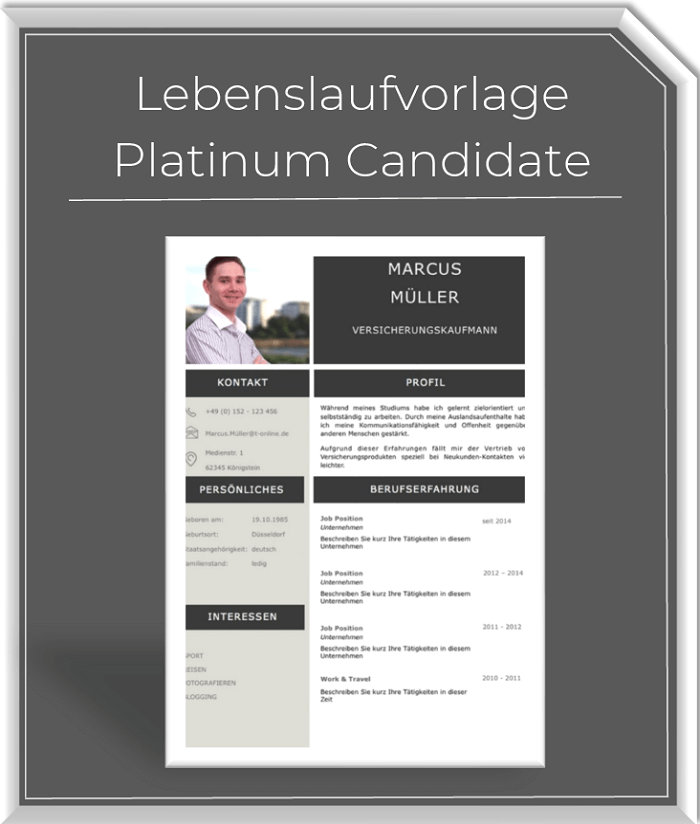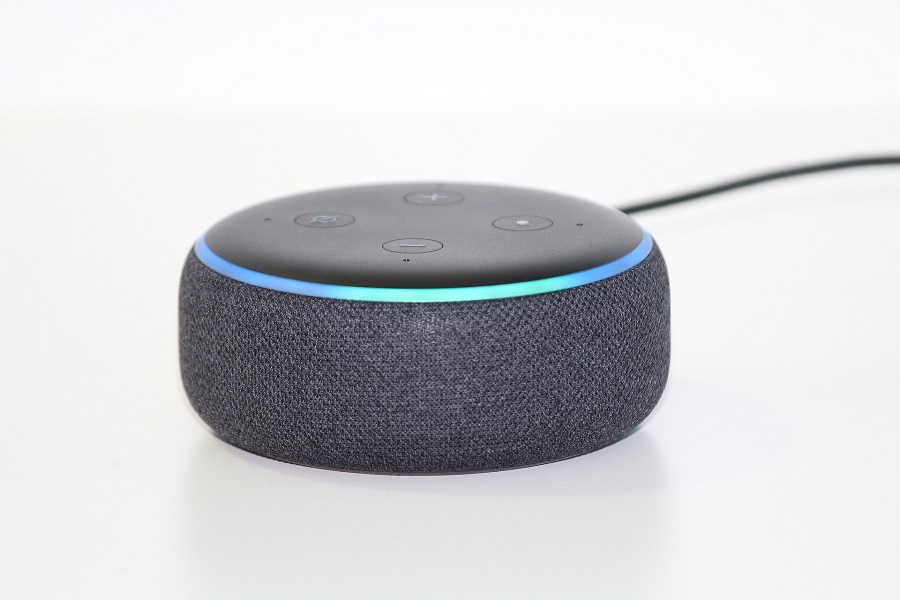Benefits and risks of AI systems in healthcare
AI systems have found their way into many areas of healthcare in recent years and offer numerous advantages. Arguably one of the biggest benefits is the ability to quickly and efficiently analyze large amounts of data. AI systems can process and analyze medical data such as patient records, laboratory tests and imaging results in real time. This enables doctors and medical staff to make diagnoses and plan treatments quickly and accurately.

Benefits and risks of AI systems in healthcare
AI systems have found their way into many areas of healthcare in recent years and offer numerous advantages. Arguably one of the biggest benefits is the ability to quickly and efficiently analyze large amounts of data. AI systems can process and analyze medical data such as patient records, laboratory tests and imaging results in real time. This enables doctors and medical staff to make diagnoses and plan treatments quickly and accurately.

Benefits and Risks
Benefits and Risks
A major benefit of AI systems in healthcare is the ability to offer personalized medicine. AI systems can collect and analyze data from patients to create customized treatment plans based on the specific needs of each patient. This can help improve the effectiveness of treatments and optimize health outcomes. Efficiency in healthcare can also be improved through the use of artificial intelligence. By automating tasks like scheduling, prescription management, and billing, medical professionals can spend more time on patient care. This can help reduce waiting times and improve the quality of care.
The ability to detect and treat diseases early is also one of the potential benefits of AI systems. This allows data from patients to be collected and analyzed to detect signs of disease before they develop into serious problems. This can help improve health outcomes and reduce healthcare costs by avoiding expensive treatments.
However, along with the benefits, there are also risks associated with using AI systems in healthcare. One of the biggest risks is the possibility of mistakes. Because AI systems can only be as good as the data on which they are based. If the data is incomplete or inaccurate, AI systems can make wrong diagnoses or recommend wrong treatments. It is therefore important to ensure that the data on which AI systems are based is of high quality, and ultimately the question of responsibilities will also arise here if something goes wrong due to wrong decisions that doctors have followed based on incorrect recommendations from an AI .
Another risk associated with using AI systems in healthcare is the possibility of data breaches. AI systems collect and analyze large amounts of data from patients, including sensitive medical information. On the one hand, of course, an AI cannot work without this data. On the other hand, there is always a risk that such data will fall into the wrong hands. And that, in turn, can have serious consequences. It is therefore important to ensure that AI systems have robust security measures in place to protect patient privacy.
In connection with the use of AI systems in healthcare, the possibility of job losses must always be considered! AI systems can automate many tasks previously performed by medical staff. If AI systems take over these tasks, healthcare jobs could be lost. It is therefore important to ensure that the adoption of AI systems in healthcare is accompanied by retraining and support for the staff involved.
A major benefit of AI systems in healthcare is the ability to offer personalized medicine. AI systems can collect and analyze data from patients to create customized treatment plans based on the specific needs of each patient. This can help improve the effectiveness of treatments and optimize health outcomes. Efficiency in healthcare can also be improved through the use of artificial intelligence. By automating tasks like scheduling, prescription management, and billing, medical professionals can spend more time on patient care. This can help reduce waiting times and improve the quality of care.
The ability to detect and treat diseases early is also one of the potential benefits of AI systems. This allows data from patients to be collected and analyzed to detect signs of disease before they develop into serious problems. This can help improve health outcomes and reduce healthcare costs by avoiding expensive treatments.
However, along with the benefits, there are also risks associated with using AI systems in healthcare. One of the biggest risks is the possibility of mistakes. Because AI systems can only be as good as the data on which they are based. If the data is incomplete or inaccurate, AI systems can make wrong diagnoses or recommend wrong treatments. It is therefore important to ensure that the data on which AI systems are based is of high quality, and ultimately the question of responsibilities will also arise here if something goes wrong due to wrong decisions that doctors have followed based on incorrect recommendations from an AI .
Another risk associated with using AI systems in healthcare is the possibility of data breaches. AI systems collect and analyze large amounts of data from patients, including sensitive medical information. On the one hand, of course, an AI cannot work without this data. On the other hand, there is always a risk that such data will fall into the wrong hands. And that, in turn, can have serious consequences. It is therefore important to ensure that AI systems have robust security measures in place to protect patient privacy.
In connection with the use of AI systems in healthcare, the possibility of job losses must always be considered! AI systems can automate many tasks previously performed by medical staff. If AI systems take over these tasks, healthcare jobs could be lost. It is therefore important to ensure that the adoption of AI systems in healthcare is accompanied by retraining and support for the staff involved.
Possible uses of AI systems
Possible uses of AI systems
Overall, AI systems in healthcare offer numerous benefits, including the ability to quickly and efficiently analyze large amounts of data, offer personalized medicine, improve healthcare efficiency, and detect and treat diseases at an early stage. However, there are also risks associated with using AI systems, including the possibility of errors, data breaches and job losses. It is important to consider these risks and ensure that AI systems in healthcare are used responsibly and ethically.
Improved diagnostic accuracy and speed
One of the biggest challenges in healthcare is diagnosis. Doctors often have to interpret a variety of symptoms and tests to make an accurate diagnosis. AI systems can help here by analyzing large amounts of data and recognizing patterns that are difficult for human eyes to discern. This can help doctors make diagnoses faster and more accurately. An example of this is the use of AI systems to diagnose cancer. These systems can analyze large amounts of medical images and identify patterns that indicate cancer. This can help cancer be detected at an earlier stage, increasing patients’ chances of survival.
Another advantage of AI systems in healthcare is the speed at which they can work. AI systems can process large amounts of data in a short amount of time, which can help doctors make faster decisions. This can be particularly beneficial in emergencies when quick decisions need to save lives. It is also important to note that AI systems are not capable of replacing human interactions. While they can help make diagnoses and make decisions, they cannot replace the human empathy and understanding necessary for successful treatment.
Even though AI-based systems have been used in medicine for many years, the development of these systems has recently accelerated exponentially. But I think we have to be careful here so that we don’t overtake ourselves in particularly sensitive areas, but continue to proceed cautiously without slowing us down on the other side.
Overall, AI systems in healthcare offer numerous benefits, including the ability to quickly and efficiently analyze large amounts of data, offer personalized medicine, improve healthcare efficiency, and detect and treat diseases at an early stage. However, there are also risks associated with using AI systems, including the possibility of errors, data breaches and job losses. It is important to consider these risks and ensure that AI systems in healthcare are used responsibly and ethically.
Improved diagnostic accuracy and speed
One of the biggest challenges in healthcare is diagnosis. Doctors often have to interpret a variety of symptoms and tests to make an accurate diagnosis. AI systems can help here by analyzing large amounts of data and recognizing patterns that are difficult for human eyes to discern. This can help doctors make diagnoses faster and more accurately. An example of this is the use of AI systems to diagnose cancer. These systems can analyze large amounts of medical images and identify patterns that indicate cancer. This can help cancer be detected at an earlier stage, increasing patients’ chances of survival.
Another advantage of AI systems in healthcare is the speed at which they can work. AI systems can process large amounts of data in a short amount of time, which can help doctors make faster decisions. This can be particularly beneficial in emergencies when quick decisions need to save lives. It is also important to note that AI systems are not capable of replacing human interactions. While they can help make diagnoses and make decisions, they cannot replace the human empathy and understanding necessary for successful treatment.
Even though AI-based systems have been used in medicine for many years, the development of these systems has recently accelerated exponentially. But I think we have to be careful here so that we don’t overtake ourselves in particularly sensitive areas, but continue to proceed cautiously without slowing us down on the other side.
Popular Posts:
Integrate and use ChatGPT in Excel – is that possible?
ChatGPT is more than just a simple chatbot. Learn how it can revolutionize how you work with Excel by translating formulas, creating VBA macros, and even promising future integration with Office.
Create Out of Office Notice in Outlook
To create an Out of Office message in Microsoft Outlook - Office 365, and start relaxing on vacation
The best backup solutions for your data
Keep your data safe and secure! Discover our best backup solutions for your valuable information now. Because safety is the be-all and end-all - and we have the perfect tips.
Internet Addiction – A serious look at a growing problem
Internet addiction is just as serious an illness as alcohol or drug addiction. Just that this is a mental illness. In this article we want to go into the phenomenon in more detail and provide assistance.
Main keyboard shortcuts in Windows 10/11
Entdecken Sie die wichtigsten Shortcuts in Windows 11, um Ihre Produktivität zu steigern. Von allgemeinen Befehlen bis hin zu spezifischen Fenster-Management- und System-Shortcuts, lernen Sie, wie Sie mit diesen Tastenkombinationen effizienter arbeiten können.
Encrypt USB stick – These options are available
Protecting sensitive data is essential. Encrypting USB sticks provides an extra layer of security. Whether it's built-in software, operating system features, third-party software, or hardware encryption, there are numerous options.
Popular Posts:
Integrate and use ChatGPT in Excel – is that possible?
ChatGPT is more than just a simple chatbot. Learn how it can revolutionize how you work with Excel by translating formulas, creating VBA macros, and even promising future integration with Office.
Create Out of Office Notice in Outlook
To create an Out of Office message in Microsoft Outlook - Office 365, and start relaxing on vacation
The best backup solutions for your data
Keep your data safe and secure! Discover our best backup solutions for your valuable information now. Because safety is the be-all and end-all - and we have the perfect tips.
Internet Addiction – A serious look at a growing problem
Internet addiction is just as serious an illness as alcohol or drug addiction. Just that this is a mental illness. In this article we want to go into the phenomenon in more detail and provide assistance.
Main keyboard shortcuts in Windows 10/11
Entdecken Sie die wichtigsten Shortcuts in Windows 11, um Ihre Produktivität zu steigern. Von allgemeinen Befehlen bis hin zu spezifischen Fenster-Management- und System-Shortcuts, lernen Sie, wie Sie mit diesen Tastenkombinationen effizienter arbeiten können.
Encrypt USB stick – These options are available
Protecting sensitive data is essential. Encrypting USB sticks provides an extra layer of security. Whether it's built-in software, operating system features, third-party software, or hardware encryption, there are numerous options.












































